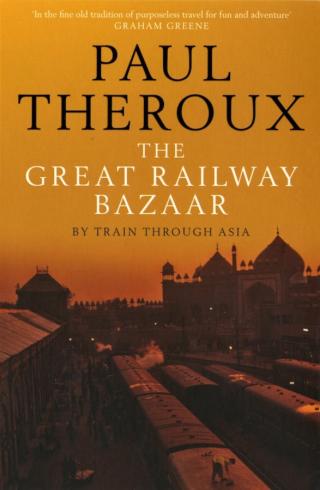
Аннотация
Paul Theroux is a vocal proponent of rail travel over air travel, which he likens to traveling by submarine for all that goes unseen and not experienced by its adherents. The Great Railway Bazaar, his 1975 account of a four month railroad journey through Europe and Asia begins, "I sought trains, I found passengers." It is certainly the individuals that Theroux meets along the way, rather than the cities, buildings, or sites of touristic import, to which he devotes his most generous descriptions.
Beginning in Victoria Station with Duffill, an older man with a tweed cap, ill-fitting clothes, and mysterious business in Istanbul (Duffill's name later becomes synonymous with being left behind at a railway station), Theroux's journeys brim with a huge cast of colorful characters. From ashram-bound hippies to devout Kali-worshiping Tamils to Vassily Prokofyevich, the drunken Russian dining car manager on the Trans-Siberian Express, Theroux richly details his varied encounters, paying particular attention to the bizarre along the bazaar.
In Calcutta, "a city of mutilated people (where) only the truly monstrous looked odd," the author encounters "the hopping man," who with only one muscular leg, hops himself through the urban detritus; on the Saigon to Bien Hoa train, a Vietnamese woman thrusts an American baby upon him, expecting Theroux to keep and raise the child; and in Japan, where the cleanliness, efficiency, and quiet of the passenger trains provide striking contrast to what the author had up until that point become accustomed to, he finds the cultural undercurrent of sadistic pornography disturbingly unquestioned.
Paul Theroux had already established himself as a novelist at the time of his four month journey; The Great Railway Bazaar, today a travel writing classic, was preceded by ten books, six of which were novels. In fact, his four month long excursion seems to have been funded or at least justified, by the lecture engagements the author had arranged all along his route.
The first of many in this genre from Theroux, including Dark Star Safari (2002) and Ghost Train to the Eastern Star (2008), The Great Railway Bazaar is at once a timeless narrative of humans and travel and a distinctly historical slice of global affairs as viewed by one decidedly motion-bound writer.
The journey however is a long one and while masterfully wrought, it is often the incidental passage of time in a railway compartment that is thus rendered, and by the end of it even Theroux has tired of his travels. Snippets of brilliance exist throughout, but they are intermittent as you might expect, as when viewed from a passing train.

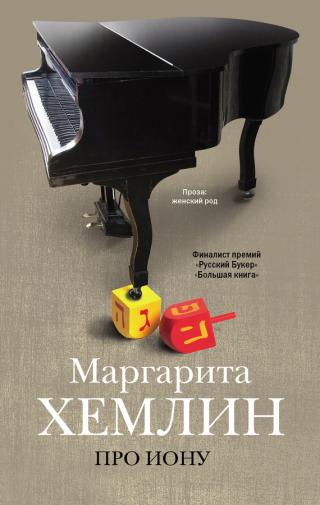
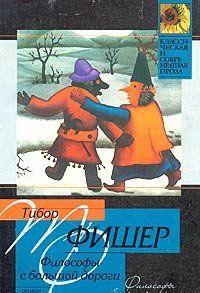

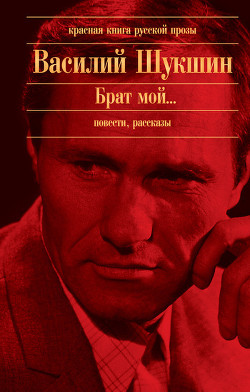



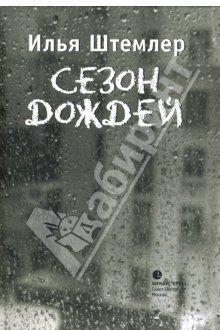
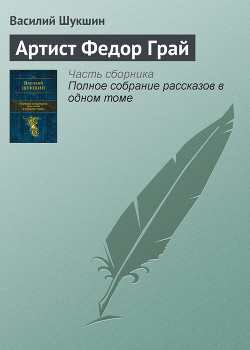
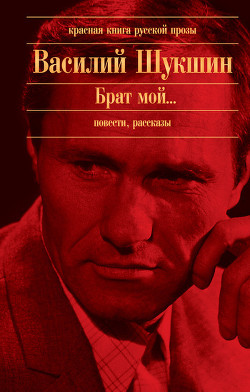
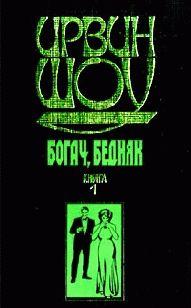
Комментарии к книге "The Great Railway Bazaar"